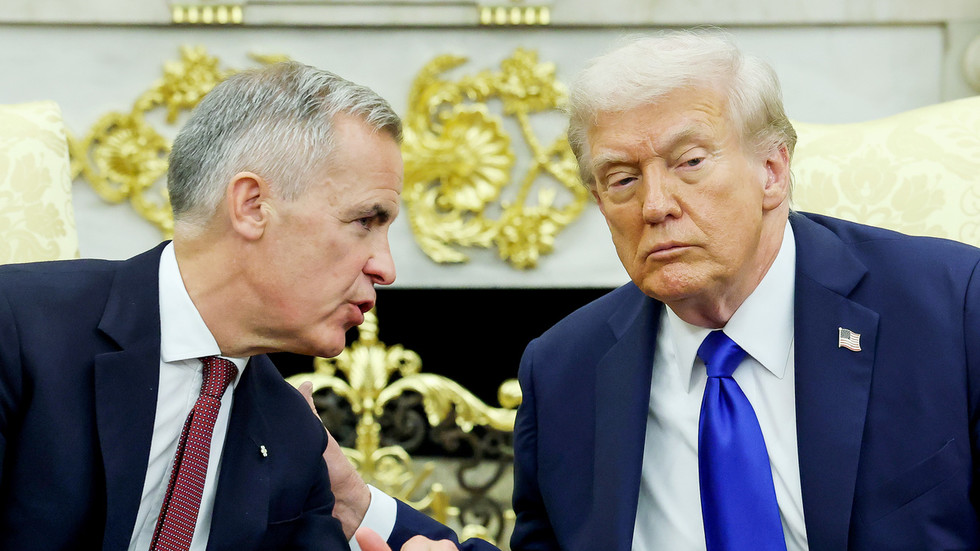The United States has announced a 25% tariff rate on all medium- and heavy-duty trucks imported into the country, effective November 1. This move, announced by President Donald Trump, aims to protect American manufacturers from “unfair outside competition.” The tariffs will apply to a wide range of vehicles, including delivery trucks, garbage trucks, public utility trucks, transit and shuttle buses, and tractor-trailer trucks.
In recent months, the Trump administration has taken steps to impose new duties on heavy truck imports, citing national security concerns. However, the decision has been met with opposition from the U.S. Chamber of Commerce, which argues that the top five import sources – Mexico, Canada, Japan, Germany, and Finland – are all allies or close partners of the United States and pose no threat to national security.
Mexico is the largest exporter of medium- and heavy-duty trucks to the United States, with imports tripling since 2019 to around 340,000 vehicles today. Under the North American free trade deal, USMCA, these vehicles can move tariff-free if at least 64% of their value originates in North America. However, the new tariffs will likely affect manufacturers such as Chrysler-parent Stellantis, which produces heavy-duty Ram trucks and commercial vans in Mexico.
The Mexican government has opposed the new tariffs, pointing out that its trucks exported to the United States have an average of 50% U.S. content, including diesel engines. Last year, the United States imported almost $128 billion in heavy vehicle parts from Mexico, accounting for approximately 28% of total U.S. imports. The tariffs may also impact Sweden’s Volvo Group, which is building a $700 million heavy-truck factory in Mexico due to start operations in 2026.
The imposition of tariffs on medium- and heavy-duty trucks is likely to have significant implications for the automotive industry and international trade. As the global economy continues to navigate the challenges of trade agreements and tariffs, the impact of this decision will be closely watched by manufacturers, policymakers, and industry experts. The U.S. Chamber of Commerce and other stakeholders will likely continue to advocate for a rethink of the tariffs, citing the potential consequences for American businesses and the economy as a whole.



